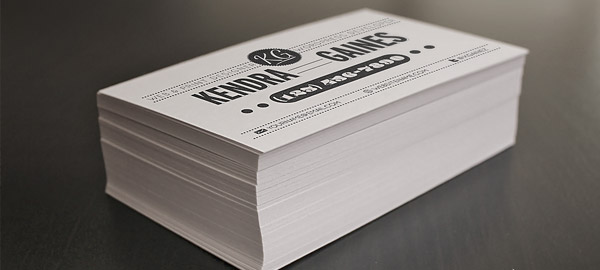In a nutshell, your own credit report entails your current financial situation and debt quantity. Mostly, you will qualify to run a typical checking account if you have had a good history. If that’s not the case, your choices for a checking account may be limited to a second chance account. If you’ve got a checking account with a financial institution, its trades will not affect you. If you have an overdraft, clearing the fees on time would eliminate it in the report. However, in the event the bank turns the bill to a collection agency, the overdraft might appear. Therefore, there are limited circumstances when a checking account could damage your credit score. When applying for a checking account, a few banks can execute a soft inquiry on your report. Mainly two components can drop your credit score — a tough question and overdraft protection.
The FCRA explicitly claims that you can dispute any negative item on a credit report. In nature, the responsible information center has to delete the information if it can’t verify it as legitimate. Since no entity is foolproof of creating mistakes, credit information centers have some errors in customer reports. The FCRA claims that near one in every five Americans have errors in their reports. Your credit report relies in your score, and a lousy score could critically plummet your credit rating. Moreover, your score determines your creditworthiness — for any standard or lines of credit loan. Oftentimes, a lousy score may cripple your ability to get favorable rates of interest and quality loans. Having said that, it is imperative to focus on removing negative entries from your credit report. From delinquencies to bankruptcies, compensated collections, and inquiries, such elements can impact you. Detrimental entries can tank your credit rating; hence you need to attempt to eliminate all of them. You can eliminate the negative items by yourself or involve a credit repair firm. Most customers demand a repair company whenever there are plenty of legal hoops and technicalities to pass. Because credit fix can be a daunting process, we have compiled everything you need to learn here.
Most people always wonder whether taking out a new loan could hurt their credit. In a nutshell, loans and how you manage them is a critical element in determining your credit. Credit calculation is usually a complex process, and loans can either boost or drop your credit rating. In the event that you always default on your payments, your credit rating will undoubtedly drop. Your credit report is a snap that lenders use to determine whether you are creditworthy. This fact may be counterintuitive as you will need a loan to build a positive payment history and report. When this loan application is your first one, your chances of success may be rather slim. To be qualified for a new loan, you are going to need a fantastic history and use ration to be qualified for new credit. If you’ve had a fantastic payment history in the past, the loan issuer might think about your application. In the event that you continuously make overdue payments, prospective lenders will question your loan eligibility. Taking new loans might provide you the chance to build your credit if you’d damaged it. Since debt quantity accounts for a substantial part of your account, you need to give it immense focus.
The FCRA explicitly claims that you can dispute any negative item on a credit report. Essentially, if the reporting agency can not confirm the item, it certainly must be removed. Like any other entity, credit data centers tend toward making lots of mistakes, particularly in a credit report. The FCRA reports that approximately 1 in every 5 Americans (20%) have errors in their credit reports. Since your score depends on your own report, Credit Score a lousy report could damage your score severely. For any typical loan or line of credit, your credit score tells the type of consumer you are. Oftentimes, a lousy score could cripple your ability to get favorable rates of interest and quality loans. Having said that, it is imperative to work on eliminating negative entries from your credit report. Late payments, bankruptcies, hard questions, compensated collections, and deceptive activity can affect you. Detrimental entrances can tank your credit score; hence you should attempt to eliminate all them. There are different ways of removing negative things, and one of these is a credit repair firm. Many people use credit repair businesses when they must go through plenty of legal technicalities. Since credit repair can be a daunting process, we’ve compiled everything you need to learn here.
Several credit repair companies are across the scene of credit repair. Since there are lots of generic testimonials, locating the perfect one may be an uphill task. If you have worked on your own credit report before, you definitely understand how credit repair might help. There are many credit repair options, and you can check the web to recognize the perfect one for you. A glance would show countless credit repair companies, and locating the perfect one is tedious. Besides, you would not want to spend your cash on a repair firm without a substantial track record. Lexington Law, a respectable company, has helped consumers and has a track record of about two decades. While staying in the scene to get long does not guarantee positive effects, this firm has more than that. Lexington Law is famous to be compliant with incredibly large Federal Standards. Moreover, Lexington law always keeps an impeccable success rate during recent years. Lexington Law has an incredibly good track record and is definitely worth your consideration.






